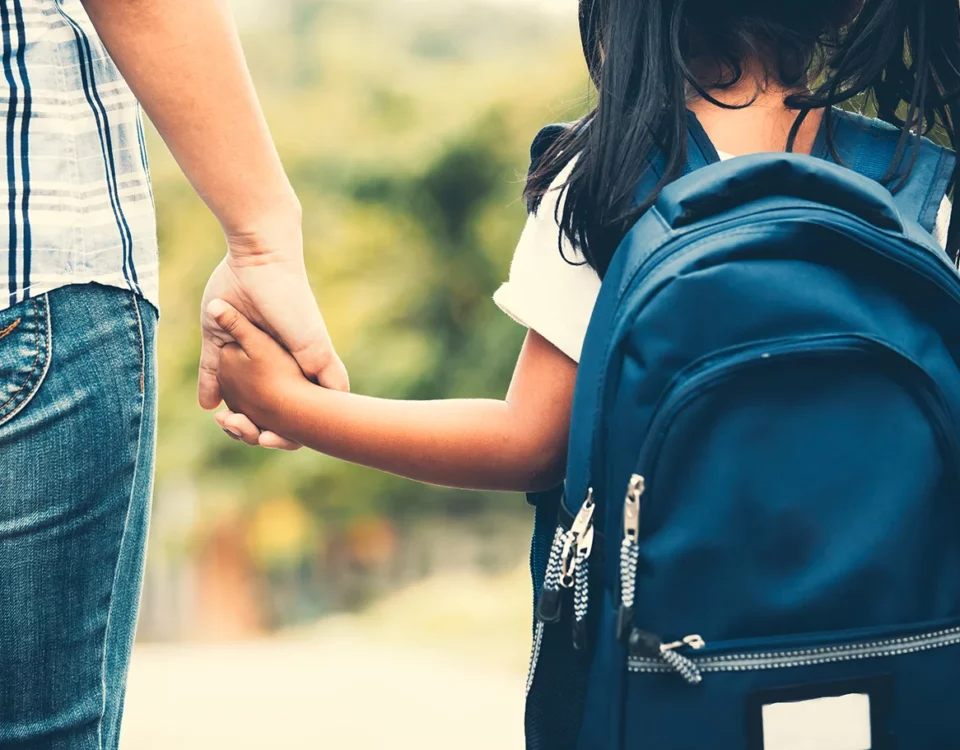
Hereditary Cancer Screenings: Empowering Your Health Through Medical Genetics
October 11, 2024School at Shodair: More than a Classroom

I magine an everyday where you feel unseen. A setting where your emotions can get lost amongst a busy school environment, and your progress is measured by productivity. A space where you’ve learned to react instead of interact because that’s all that’s been modeled before you. For many Shodair patients, this imaginary space is a traditional classroom they’ve entered into their whole life – a space where their emotions can be misunderstood instead of seen as a form of communication. And while the School at Shodair encompasses an everyday school setting in many ways: teachers, core subjects, daily lessons, and hands-on learning. When students step foot into a classroom at Shodair, it’s much more than education they’re receiving – it’s the skills they need to step back into life. And, at Shodair, it starts from the moment a patient arrives.
If a child doesn’t feel safe and have trusted relationships, then the academic side is never going to come,” explains Robbie Radakovich, Shodair Director of Education. “So, that’s what we have to instill first; we have to teach kids that they can indeed communicate to and trust adults. And when they do, those adults are going to follow through and not let them down. Once we’ve established that consistency, that’s when we can attack education head on.”
Whether it’s tasks like completing schoolwork or daily routines like getting out of bed, every interaction at Shodair is uniquely guided by a positive reinforcement model, PBIS (Positive Behavioral Interventions and Supports) – an approach that emphasizes the function and “the why” behind a behavior, rather than the action itself. This approach comes alongside Shodair’s trauma-informed care model that the organization has been certified in for the past four years. Though both models are integral across the hospital, when PBIS is practiced in a classroom setting, an entirely new baseline is established. Actions that would otherwise be seen as “disruptive” naturally begin to morph into positive opportunities for communication – opportunities to listen to how a child is feeling, meet them where they’re at, and provide practical tools for regulation and de-escalation. It’s here, when a student feels safe and seen through their challenges, that growth really begins to happen.
The behavioral approach isn’t the only thing that sets the School at Shodair apart. In addition to being certified in special education and providing a more stable emotional environment, teachers also help students to establish personalized educational goals. Anchored by four core academic courses (aligning with state standards), students are given the freedom to work at a more individualized pace – focusing in on group lessons and then completing the day’s goals in an order that works best for them. Each of a student’s core courses are then rounded out by both individual and group sessions in health, therapy, speech pathology, and other additional programming. Together, this approach results in accredited classrooms that both meet the unique needs of its students while also providing safe, consistent, and predictable learning environments year-round.
The School at Shodair is a critical part of the services we provide while children are receiving care in our in-patient programming. If children aren’t continuing their education, they are often getting further behind than they already are and that doesn’t set them up for success when they return to their home schools. Our patients are earning school credits while in our care and we are incredibly proud to be able to say that.”

The teaching at Shodair is a lot more personal. In their home schools, students can often times be misunderstood. But, here, kids can gather with like-minded individuals in a space where they can advocate for themselves and feel like they’re being heard. And that’s what it’s all about. What we’re doing here is making a difference – education is really happening, and so is life change.
Tips for Deescalating Behaviors
So, how can you help your kids or students if they’re struggling in school? While the structure of the School at Shodair is unique, the approaches we implement are simple. Here are a few ways to deescalate behaviors and help students succeed in a school setting:
- – Remember that behavior is communication. Instead of reacting, listen and look for the function of the behavior.
- – Never match a student’s emotions. Model the behavior you expect.
- – Set the tone before your students enter the classroom (high fives in the hallway, daily emotional check-ins, etc.).
- – Create consistent, safe, predictable, and personalized learning environments. Get creative!
- – Celebrate the wins, especially if they’re small (i.e. a student regulating their emotions)!
- – Lean on the side of communication and check in regularly.
- – Reevaluate your goals; consider what is best for this kid in this moment.
This article was written alongside Robbie Radakovich, Shodair’s Director of Education. To learn more about the School at Shodair or our inpatient services, head this way.




